Artificial Intelligence (AI) is incredible. It can write poems, create art, and even compose music. But here’s where things get tricky—who owns the things that AI creates? What happens when AI uses someone else’s work? That’s where IP, licensing, and derivative works come into play.
Wait… What is IP?
All Heading
IP stands for Intellectual Property. It’s a legal term for things people create, like:
- Books
- Paintings
- Music
- Inventions
- Even logos and names
When someone creates something original, they usually own the IP rights. These rights let them control how their work is used. Simple enough, right?
AI and IP – The Big Question
Now imagine an AI draws a picture. Pretty cool. But who owns that picture? The AI? The person who made the AI? The person who typed in the prompt?
The law is still trying to figure it out. In many countries (including the U.S.), only humans can own copyrights. That means if a machine makes art, nobody officially owns it. Weird, right?
Let’s Talk About Licensing
Licensing is like giving someone permission to use your work. For example, a photographer might license their photo so it can be used in a magazine. The magazine doesn’t own the photo, but they’re allowed to use it.
This is super important for AI.
Some AIs are trained using content from the internet. That content is often under copyright. If the AI uses copyrighted material without a license, there might be trouble.
Let’s break it down:
- Licensed Data: Safe to use. It’s been approved.
- Unlicensed Data: Risky. Could lead to lawsuits.
It’s like cooking dinner using someone else’s secret recipe without asking. Delicious? Maybe. Legal? Probably not.
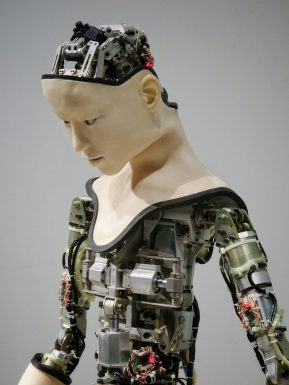
Derivative Works – Say What?
Imagine you remix a song. Or paint your version of the Mona Lisa. That’s a derivative work—something new based on something old.
AI often creates derivative works. For example, if you say, “Draw Batman as a cat,” the AI might give you a superhero-inspired feline. That drawing is based on Batman—who is a copyrighted character.
So, is that drawing legal to use? Well… maybe not. Since it’s a derivative of copyrighted material, someone else might still own the rights.
In the human world, you usually need permission to create and share derivative works. Should AI be treated the same way? That’s still being debated.
What About Fair Use?
Fair use is a legal rule. Sometimes, you can use copyrighted work without permission—like for criticism, news reporting, or research.
The problem? No clear answer.
You might think AI using public stuff on the internet counts as fair use. But many artists and writers disagree. They say that AI systems copying their work isn’t fair—it’s theft.
Courts are now deciding some of these cases. That will shape the future of AI and content creation.
Tips for Staying Safe with AI
If you’re working with AI, here’s how to stay on the right side of the law:
- Use Licensed Tools: Some AI platforms secure proper licenses for training. Choose those when possible.
- Be Careful With Prompts: Don’t ask AI to copy celebrities or copyrighted characters.
- Read the Fine Print: Always check the Terms of Service. Know if you’re allowed to use or sell the AI-generated content.
- Give Credit: While not always legally required, giving credit is good practice.
Think of AI like a magic wand. It can do wonders—but use it with care.
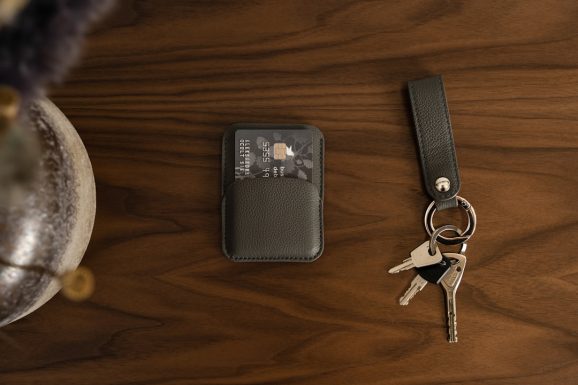
What Happens to Creators?
Artists, writers, musicians—they’re all concerned. AI can flood the internet with new content. This can push out human-made work and even copy it by accident.
That’s why many creators are calling for laws to protect their work from AI use. Some are asking for tools that block their content from being used in training data.
Others are teaming up with AI, creating hybrid art that blends human and machine creativity. With the right balance, both worlds can flourish.
The Future Looks… Foggy
There are still many open questions:
- Should AI-generated content be copyrighted?
- Can companies sell AI art without permission from the original creators?
- How do we trace what data went into an AI model?
New laws and guidelines are being written right now. Some countries are leading the way, while others are waiting to see what happens.
In the end, it’s about finding fairness—for AI innovators, for human artists, and for the public.
One Last Thought
AI is powerful. But with great power comes great responsibility (yes, that’s from Spider-Man—and yes, it’s copyright protected!).
If you’re creating, selling, or even just exploring AI content, knowledge is your best friend. Know the rules. Respect creators. And stay curious.
That way, you can enjoy the magic of AI without stepping into legal quicksand.
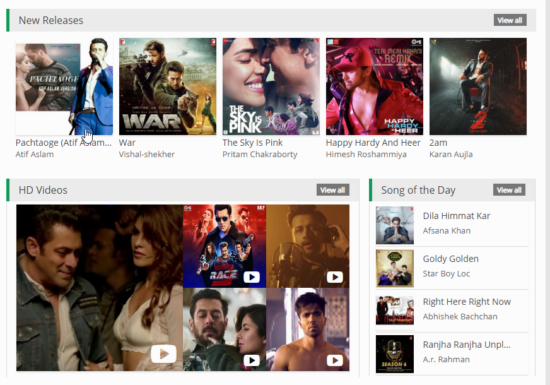
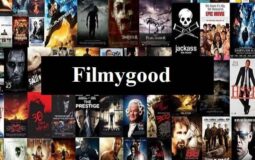
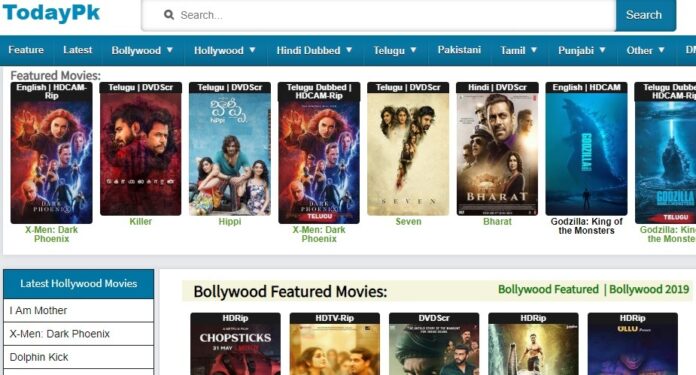
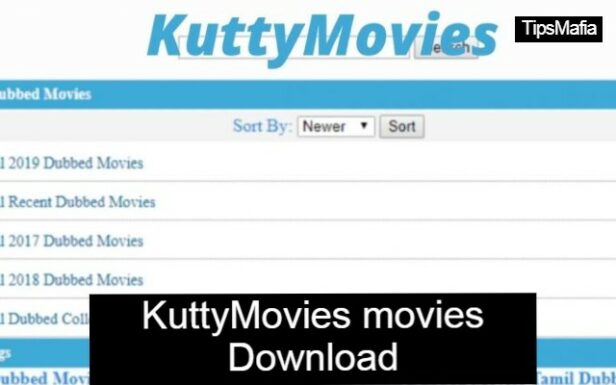


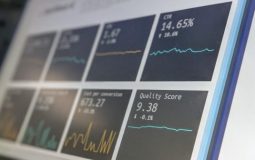
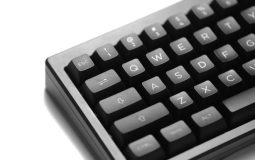
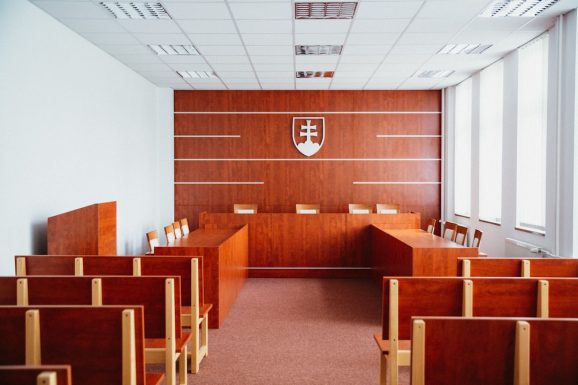
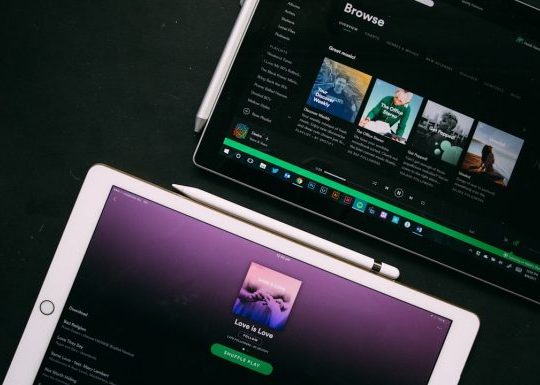
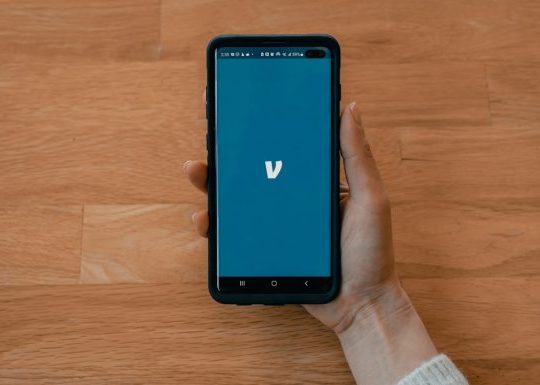
![Can You Watch Deleted TikTok Videos? [Complete Guide] Can You Watch Deleted TikTok Videos? [Complete Guide]](https://tipsmafia.org/wp-content/uploads/2025/08/person-holding-black-iphone-5-mobile-phone-amazon-app-payment-method-menu-edit-delete-option-540x385.jpg)
Recent Comments